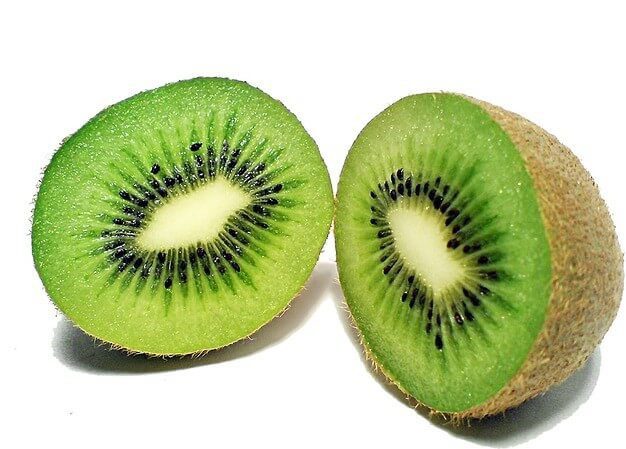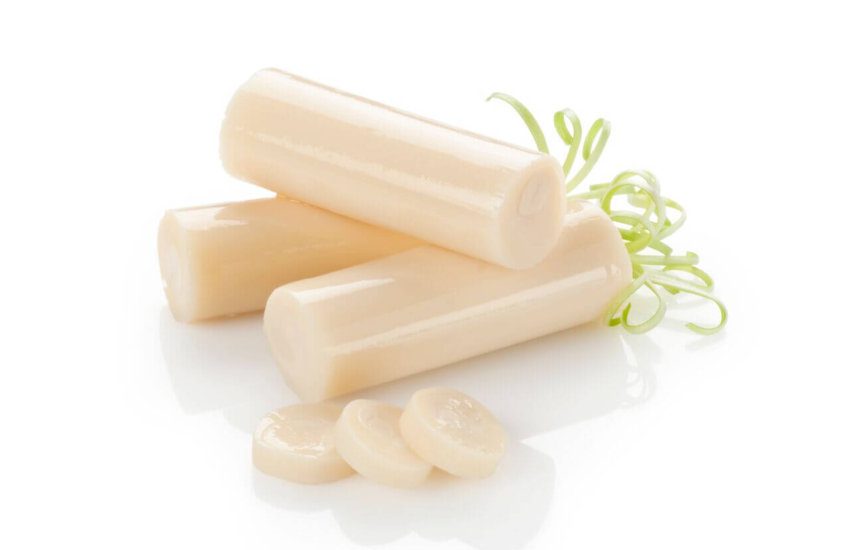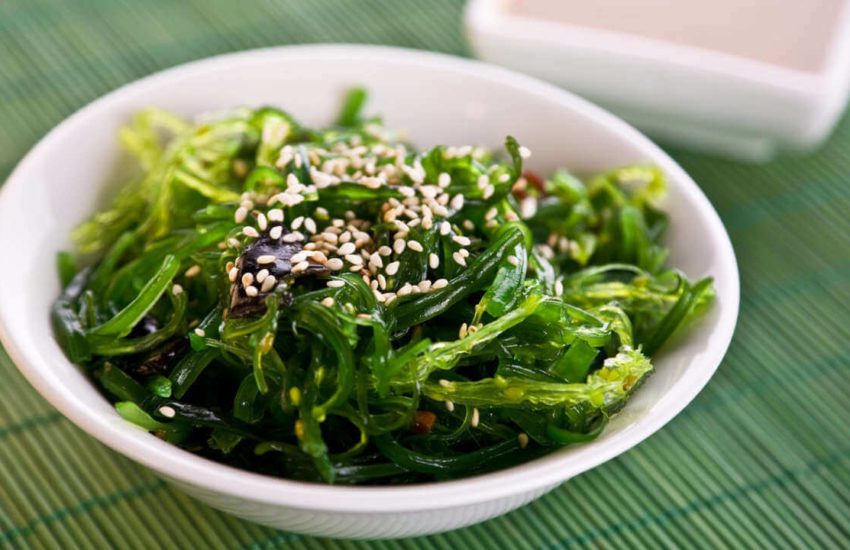Why Kiwi Is Better Than A Lemon.
It’s no secret that fruits have amazing benefits for your health. Different fruits have a higher amount of vitamins and minerals that give plenty of health benefits. Fruits don’t harm your cholesterol, some have a healthy amount of dietary fiber, and many have health-boosting antioxidants.
Let’s take a look at two common fruits: the kiwi and the lemon. The kiwi and the lemon both have plenty of health benefits for a person, but which one is ultimately better? Before we look at which one is better, let’s take a look at each fruit and its benefits.
What Is Kiwi?
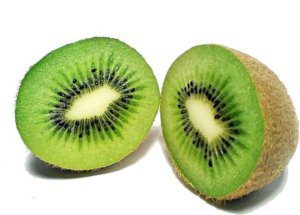 Many people don’t know this, but kiwifruit is as a berry. While kiwifruit is mostly associated with Australia or New Zealand, it comes as a surprise to many that the fruit originates in China.
Many people don’t know this, but kiwifruit is as a berry. While kiwifruit is mostly associated with Australia or New Zealand, it comes as a surprise to many that the fruit originates in China.
Yes, the kiwifruit is native to China and came to New Zealand, popularized in the west during the second world war. Kiwifruit can be eaten raw or made into juices.
Some even use kiwifruit on various desserts such as cake to help break down the proteins found in milk with the fruit’s enzymes. While a kiwifruit is delicious, it also comes with plenty of health benefits.
What Are The Health Benefits of Kiwis?
These small fruits are packed with nutrients from vitamin C to potassium. People love to peel the brown peel off of the kiwifruit to consume the fruit’s green insides, but many people aren’t aware that the peel is edible. Yes, the fuzzy skin of the kiwi is edible and adds more nutritional value if eaten whole.
It also makes it easier to consume the fruit and holds the insides of the kiwi together. The skin itself is packed with folate, fiber, and vitamin E. Leaving the skin of the kiwi on increases the fiber content by 50%.
The fiber found in kiwifruit can benefit digestive and heart health. Fiber softens the stool and adds size to it, so it has an easier time moving through the body to keep the digestive system clean.
 Fiber is essential for bowel health as it helps maintain a healthy digestive biome.
Fiber is essential for bowel health as it helps maintain a healthy digestive biome.
The fiber in kiwi also helps regulate blood sugar for people at risk or currently have diabetes.
Kiwifruit is also packed with potassium. Potassium is responsible for keeping your cells healthy as an electrolyte that helps regulate its fluid balance. It’s essential to consume the right amount of potassium to keep the cells healthy.
Potassium is also vital for your nervous system as it promotes vigorous muscle contractions that also affect your heartbeat. From potassium to antioxidants, the kiwifruit is a healthy fruit to add to your diet, but what can a lemon bring to the table?
What Is A Lemon?
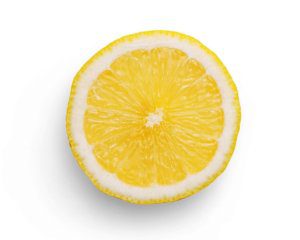 Lemons are a staple of any produce section in a grocery store. Although their origins are unknown, they’re thought to have originated in early China before making its way to Europe during the 15th century.
Lemons are a staple of any produce section in a grocery store. Although their origins are unknown, they’re thought to have originated in early China before making its way to Europe during the 15th century.
Lemons come in different varieties and are used in everything from juices to oils. Even grating the outside of a lemon has its uses. However, the main appeal of these bright yellow citrus fruits is their health benefits.
What Are The Health Benefits of Lemons?
Lemons are a great source of the antioxidants: vitamin C. Vitamin C is useful to your body in everything from boosting your immune system to managing your blood pressure.
 High blood pressure is prevalent in society, with more and more people suffering from stress, making unhealthy choices for their bodies, or eating more processed foods.
High blood pressure is prevalent in society, with more and more people suffering from stress, making unhealthy choices for their bodies, or eating more processed foods.
Fortunately, the vitamin C found in lemon has been shown to help lower blood pressure levels.
When you reduce your blood pressure back to normal levels, it lowers your risk of heart disease or stroke. Vitamin C also packs a double punch of healthy for your heart as vitamin c has been shown to reduce the bad cholesterol and triglycerides that can lead to heart disease.
Vitamin C in lemons also helps stimulate the production of various white blood cells to help strengthen the immune system so it can fight off infections.
Consuming lemons has also been shown to help lower inflammation that can cause dementia or other memory issues. Lower levels of vitamin c have been linked to disorders in the brain that can affect memory.
While it does sound like a lemon is a great fruit, if you had a choice between the two, you should grab a kiwi instead. Let’s take a look at why kiwi is better than lemon.
Why Kiwi Is Better Than Lemon.
Kiwi has more fiber content than a lemon.

Kiwi has one gram more worth of fiber than a lemon, and that’s without its fuzzy skin. Kiwi also has 215 mg worth of potassium compared to a lemon’s 80 mg. That means you’re getting more towards your daily recommended value of potassium.
Kiwi has vitamin K.
Also, lemon does not have vitamin K, while a kiwi has 23% of the daily value of vitamin k. Vitamin k has plenty of benefits from bone to heart health. That’s because vitamin k helps strengthen the bones and regulate blood clotting to prevent unnecessary bleeding.
Kiwi has more vitamin E compared to lemon.
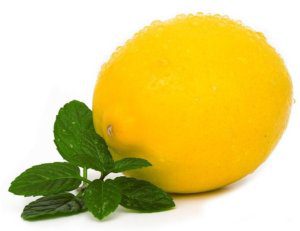
Also, lemons have considerably less vitamin E compared to kiwifruits. Kiwi has 40% of the daily value of vitamin E compared to a lemon’s 9%.
Vitamin E is another antioxidant that helps protect the cells against free radical damage. Vitamin E is a potent vitamin to take to help prevent heart disease, high blood pressure, aging, and cancer. Getting the daily recommended value of vitamin e can also help repair cells damaged by pollution, cigarette smoke, or excessive sunlight.
While both fruits have their strengths, if you had a choice between the two, it’s best to go with the superior kiwi as it’s a fruit many consume the whole of compared to a lemon.
References:
- https://search.proquest.com/openview/a2f39274553ba3ddc572c232c54211e6/1?pq-origsite=gscholar&cbl=2029652
- https://pubmed.ncbi.nlm.nih.gov/29470689/
- https://www.sciencedirect.com/science/article/pii/B9780123858702000056
- https://www.ncbi.nlm.nih.gov/pmc/articles/PMC2647059/
- https://pubmed.ncbi.nlm.nih.gov/19674720/
- https://fdc.nal.usda.gov/fdc-app.html#/?query=ndbNumber:9148
